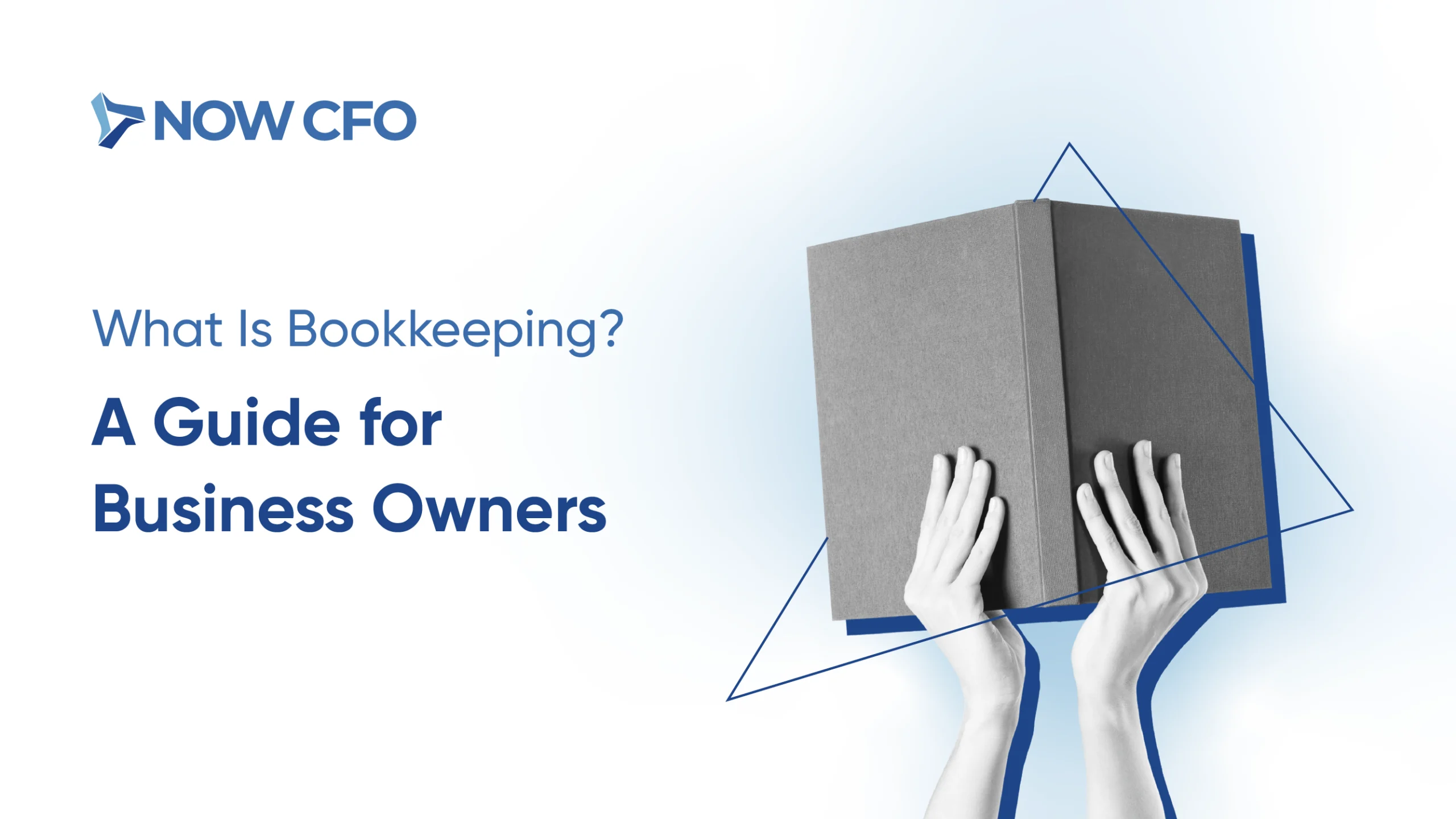
Internal Audits vs External Audits
The end of the year is an ideal time to start thinking about audit preparations. Even if your company isn’t required to go through an external audit, year-end is one of the best times to conduct an internal audit. This provides visibility into your business’ performance for the year and helps you to head into the new year with clean financials, updated budgets, and more realistic forecasts. Whether you know you’ll be audited by an external party, or you simply want to verify the validity of your financial processes and controls internally, we’ll address the need-to-knows for both below.
Internal Audits
Internal financial audits evaluate the internal controls, financial processes, and accounting practices within a business. Not only does an internal audit ensure compliance with generally accepted accounting principles, laws, and regulations, but also can identify areas that need correction or improvement. Ultimately, they are a proactive measure to maintain (or establish!) timely financial reporting and data collection.
For smaller, private businesses that aren’t subject to external audits, conducting an internal audit can serve multiple purposes, such as:
- Minimizing risk
- Enhancing efficiency
- Safeguarding against fraud
- Boosting internal controls, improving efficiency in the long-term
- Increasing overall security
Additionally, for companies that will be externally audited, executing an internal audit on a somewhat regular basis acts as a proactive measure to ensure that financial data is accurate and that internal controls are properly documented and reviewed. Essentially, they can catch any issues, discrepancies, or suspicious activities early on, allowing the business to course correct before an external audit.
Different from an external audit, internal auditors are typically company employees and do not need to be CPAs. The audit can be reported in any format and can focus on areas that the company needs, such as a specific department or area of impact. Since there are no governing bodies over internal audits, and since the internal auditor is a company employee, the process can provide more counsel and guidance than an external audit can.
An internal audit at the end of the year is especially advantageous, particularly if the company has experienced turnover, didn’t have a dedicated accounting staff throughout the year, or put off worrying about financials until an inciting deadline, such as a tax filing deadline. The audit can highlight areas that need to be cleaned up, and help a business catch up overall.
External Audits
An external audit, conducted by a CPA from an outside accounting firm, holds the goal of evaluating an organization’s compliance and financial condition. While the results of an internal audit are used to inform the company leadership, an external audit informs other stakeholders, such as investors, creditors, and lenders. External auditors focus on whether the organization’s reports accurately and fairly represent its financial activities, looking specifically for compliance deficiencies or violations. Finally, external audits are more formal and rigorous, as they have to comply with defined boundaries. While a company can choose the auditing firm they’d like to use, they cannot select audit team members.
External audits generally follow this process as outlined below:
- Preliminary investigation, in which all relevant documentation is studied for the current audit; results from prior audits will be used as well
- Auditing schedule, in which the auditor will determine the overall activities—which departments, units, and areas will be inspected and when
- Execution, in which the audit is actually conducted; the auditor will gather information from documentation, employee interviews, and personal observations. The auditor will then compile a dossier, and complete an inspection, assessment, and evaluation.
- Publishing, in which the auditor publishes their findings in a report that is shared with the executive team of the organization
- Pursuance, in which the company must comply with and incorporate the measures recommended by the audit
An external audit can be a stressful process, especially if your business is not prepared. It’s crucial to understand what’s being audited, prepare accordingly, and involve relevant employees. Having regular, scheduled internal audits can similarly lighten the burden before an external audit must be performed. However, many companies don’t know where to begin. It’s extremely beneficial to bring in outsourced CFO services to aid in audit preparation.
According to the SEC, auditors cannot both provide non-audit services and perform the audit—otherwise, they would be auditing their own prep work. An outsourced CFO can work part-time throughout the year to maintain accurate financial reports and data, setting you up for a successful audit. Similarly, an outsourced accounting firm like NOW CFO has a team of consultants that are intimately familiar with the auditing process and can prepare clients to meet auditing standards, making the process more streamlined and less stressful.
Get Your Free Consultation
Gain Financial Visibility Into Your Business
We provide outsourced CFO, fractional CFO, and temporary CFO, Controller, and operational Accounting services that suit the needs of your business.
- Hourly Rates
- No Hidden Fees
- No Long Term Requirements
NOW CFO provides the highest level of expertise in finance and operational accounting to accelerate results and achieve strategic objectives for sustainable growth and success.
After completing the form, a NOW CFO Account Executive will reach out and learn more about your needs so that we can pair you with the right Partner.
Learn More: Audit Prep Without the Stress










